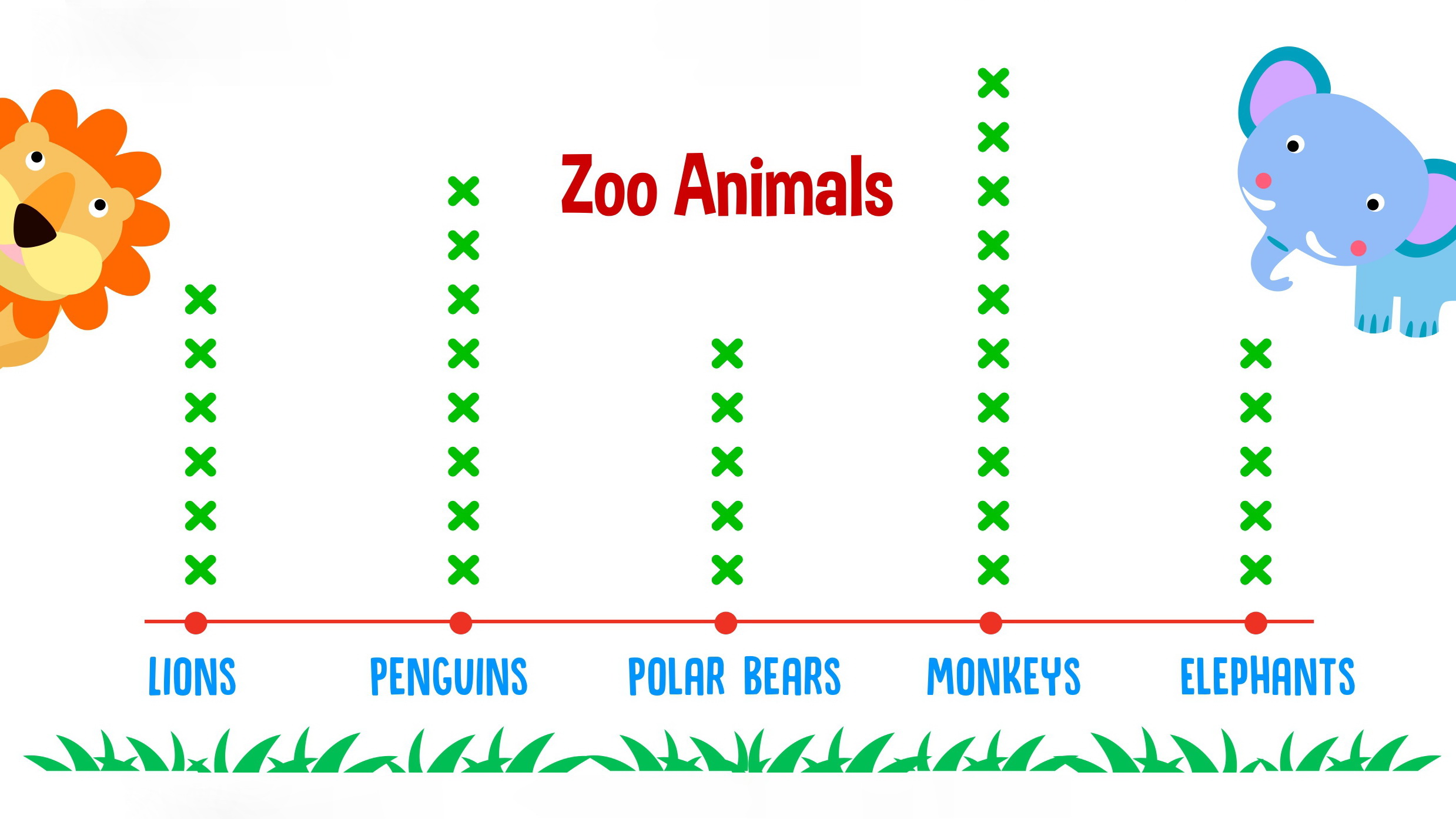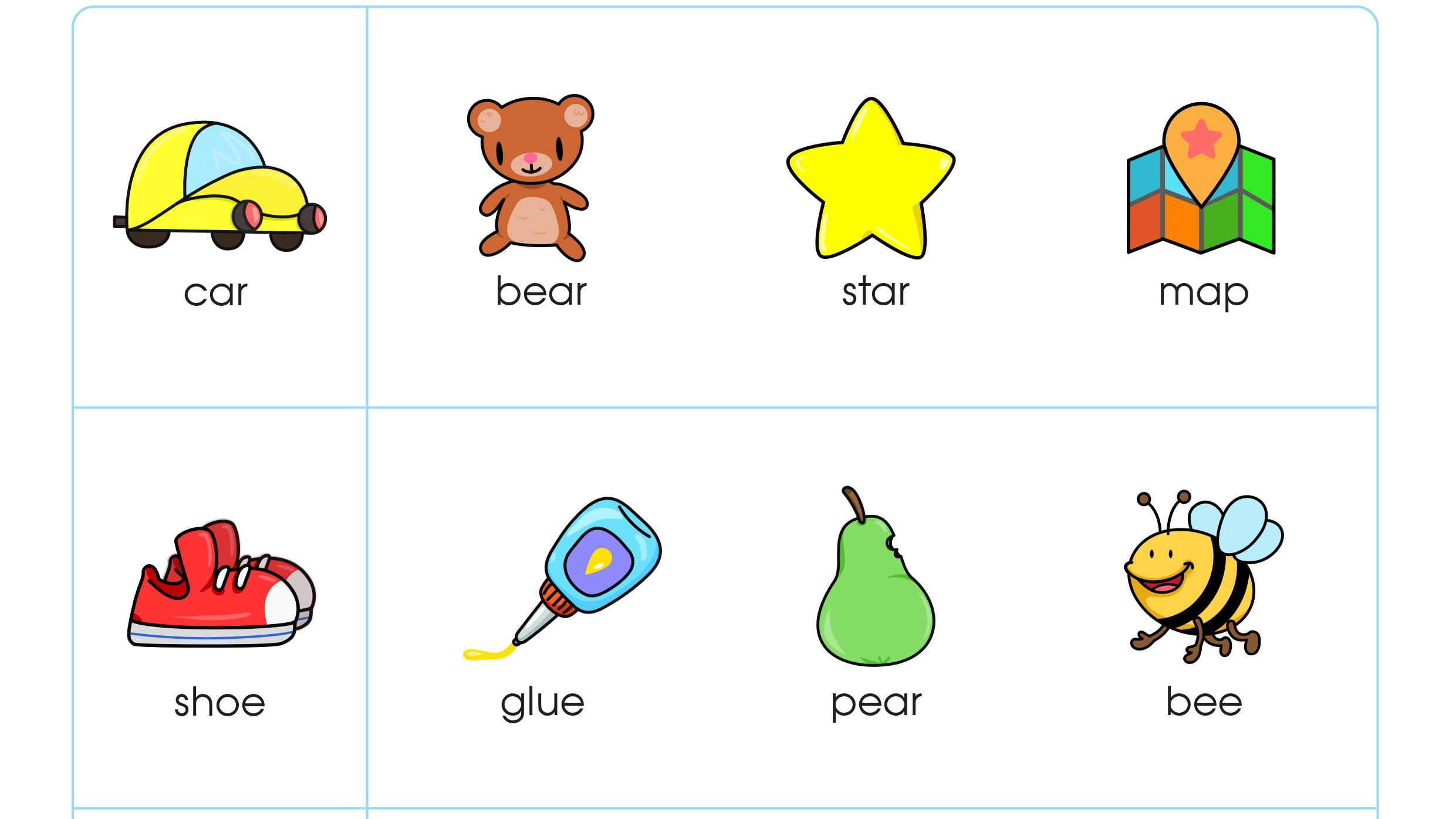For Parents - Page 8
Crafting Balance: Innovative Homework Solutions to Aid in Minimizing Screen Time
April 9, 2024

As technology becomes more integrated into the classroom, a growing concern of parents and educators alike is the increasing amount of time children spend in front of screens. Not only do students use technology in most assignments they complete in the classroom, homework is more often than not, digital as well. And while there are benefits of digital homework, in the end it is not adding to the problem of excessive screen time. In this article we'll consider various strategies parents and educators can use to leverage homework as a tool to reduce screen time.
Interactive Math Quizzes for Kindergarteners
April 2, 2024

Because the math that 5 and 6-year-olds learn is so crucial to their developing skills, it’s important that parents and teachers have a strong idea of a child’s strengths and weaknesses. The easiest way to get it is to assess their knowledge regularly using a quiz or test. However, it’s understandable that to some quizzing a 6-year-old might seem boring and unmotivating. That’s where Kids Academy comes in to save the day! We provide short, targeted quizzes that feel more like solving a puzzle than completing a math problem. By playing with gamified quizzes, kids have fun while working hard, and parents get the feedback they need to monitor learning. Read the article to learn more!
5 Fun Facts about Easter Your Kids Will Love
March 27, 2024

If you’ve ever wondered why the Cadbury bunny lays eggs, you’ve come to the right place! Easter is a fascinating holiday that combines an important religious feast day with springtime lore with ancient roots. Here’s an article to delight you and your child with interesting facts about Easter, as your family prepares for this fun-filled holiday.
Easy Easter Crafts Ideas for Kids
March 27, 2024

In these videos, we will show you some fun and easy Easter crafts for kids. From card decorating to bunny ears, these activities are perfect for keeping little ones entertained during the holiday season.
7 Playful April Fools' Pranks for Kids to Pull Off from the Comfort of Your Home
March 21, 2024

As spring is already at the door, you are probably thinking of cheerful and enjoyable ways to spend time with your children. April Fool's Day is an ideal opportunity to arrange some playful pranks with your family.
On this day, you can have an amazing time with your children by enjoying hilarious pranks that are just as fun to plan as they are to carry out.
Don't forget, the secret to a successful April fool's joke is to keep it uncomplicated and ensure nobody gets hurt.
Now, let's explore some playful pranks that will bring laughter and joy to this day!
Graph Worksheets and Lessons for 9-Year-Olds
March 19, 2024

Learning to read different types of graphs is a crucial skill for early learners. After all, graphs are powerful visual tools that help children understand and interpret data, fostering critical thinking and analytical skills. Early in elementary school, students are typically introduced to graphs through tally charts as early as kindergarten. By the time they reach nine years old, it’s important that students learn to read and analyze different types of graphs.
While it may seem as though data analysis is a boring skill to learn, with a little bit of creativity, graphs can be an enjoyable skill for students to master, especially when they experience relevant, hands-on practice. Let’s explore the different types of graphs your little data analyst needs to learn and the best strategies to use to teach each kind.
Time to Rhyme: How to Boost 1st-Graders' Reading Skills (Worksheets Inside!)
March 18, 2024

When we think of the fundamental components of language overall and reading in particular, we should pay special attention to the skill of rhyming. Educators confirm that learning rhymes remains one of the most effective and engaging ways to assist a child in their language growth.
With the help of rhymes, children learn to understand the phonemic structure of words, which ultimately leads to improved reading and spelling skills.
What are the best techniques to make the acquisition of this fundamental skill an enjoyable experience for kids in first grade? In this article, we will look at some teacher-proofed methods and tools, including games and rhyming worksheets.
Handwriting Matters—Teaching Kids to Write by Hand
March 15, 2024

In our increasingly digital world, it may seem as though the value of writing has diminished, especially when considering a rising need for students to learn to type. However, despite the proliferation of computers and mobile devices, the act of writing remains a critical skill that has a profound effect on a child’s cognitive development, including reading acquisition and fluency. This doesn’t mean that the benefits of technology can’t be harnessed to enhance a child’s writing skills; rather, young learners must practice the fine motor skills necessary for proper writing development.
Introducing Talented and Gifted Online: The Ultimate Online Learning Program for Kids
March 13, 2024

Kids Academy is thrilled to announce the launch of Talented and Gifted Online (TG Online) a comprehensive learning program designed to revolutionize education for children in preschool through third grade! With a focus on delivering high-quality, engaging learning experiences for kids, TG Online offers over 7,000 learning activities based on Common Core standards and covers all the major subjects including math, reading, writing, social studies, science and more!
Discovering the World Page by Page: Why Kids Need Non-Fiction
March 11, 2024

As a child progresses through school, non-fiction books become more important in their learning journey. Non-fiction selections are a great choice for young readers, leading them to gain exciting knowledge about the real world. For kids in elementary school, especially those budding readers in second grade who are now starting to read to learn, non-fiction pieces are a great way to expand a child’s knowledge about the world. In our article, we explore the benefits of exposing students in lower grades to non-fiction books and give a recommend a bunch of good non-fiction literature for this age group.
-
 Sept. 24, 2025
Sept. 24, 2025 -
 Jan. 21, 2026
Jan. 21, 2026 -
 Oct. 29, 2025
Oct. 29, 2025






